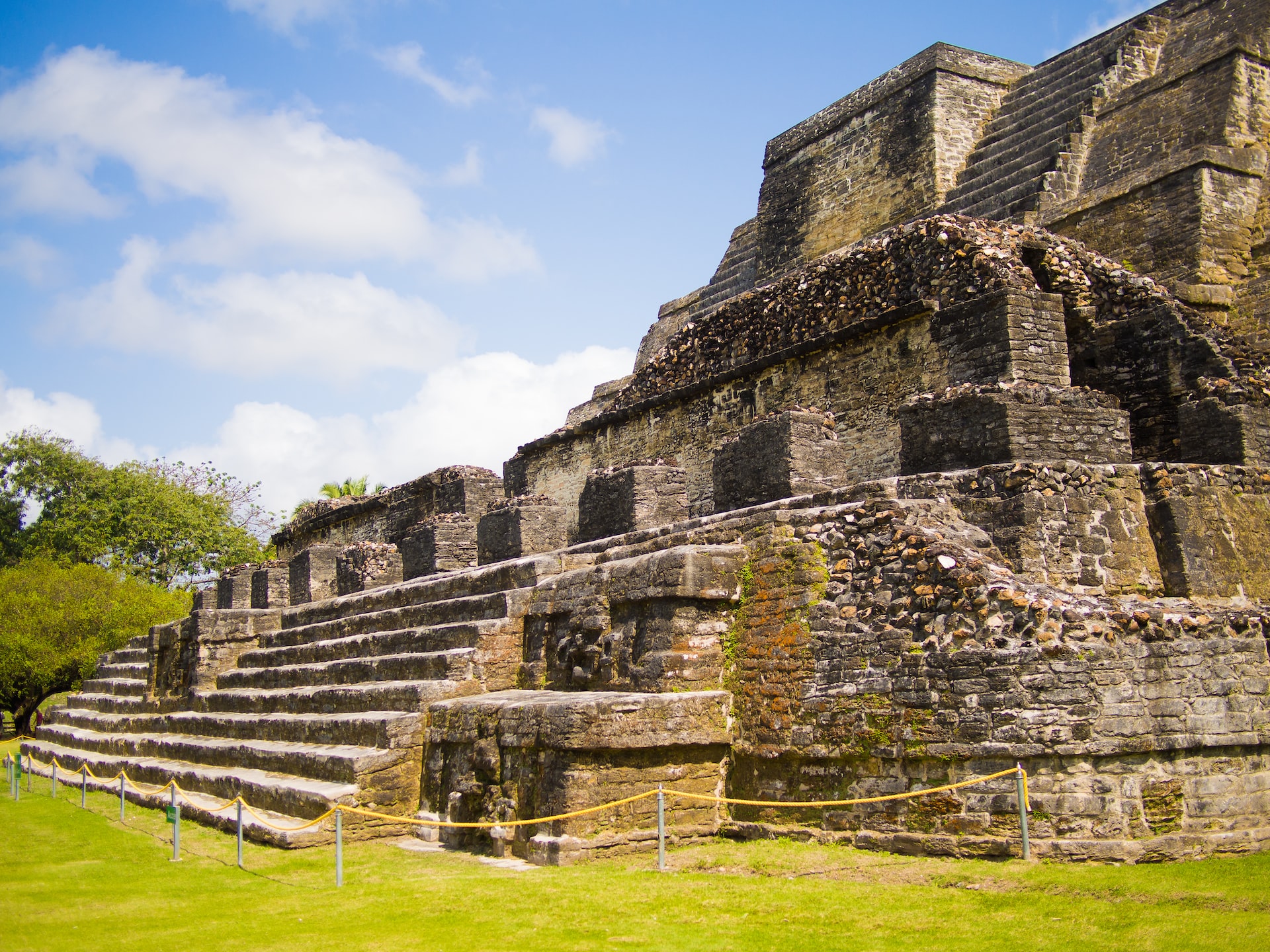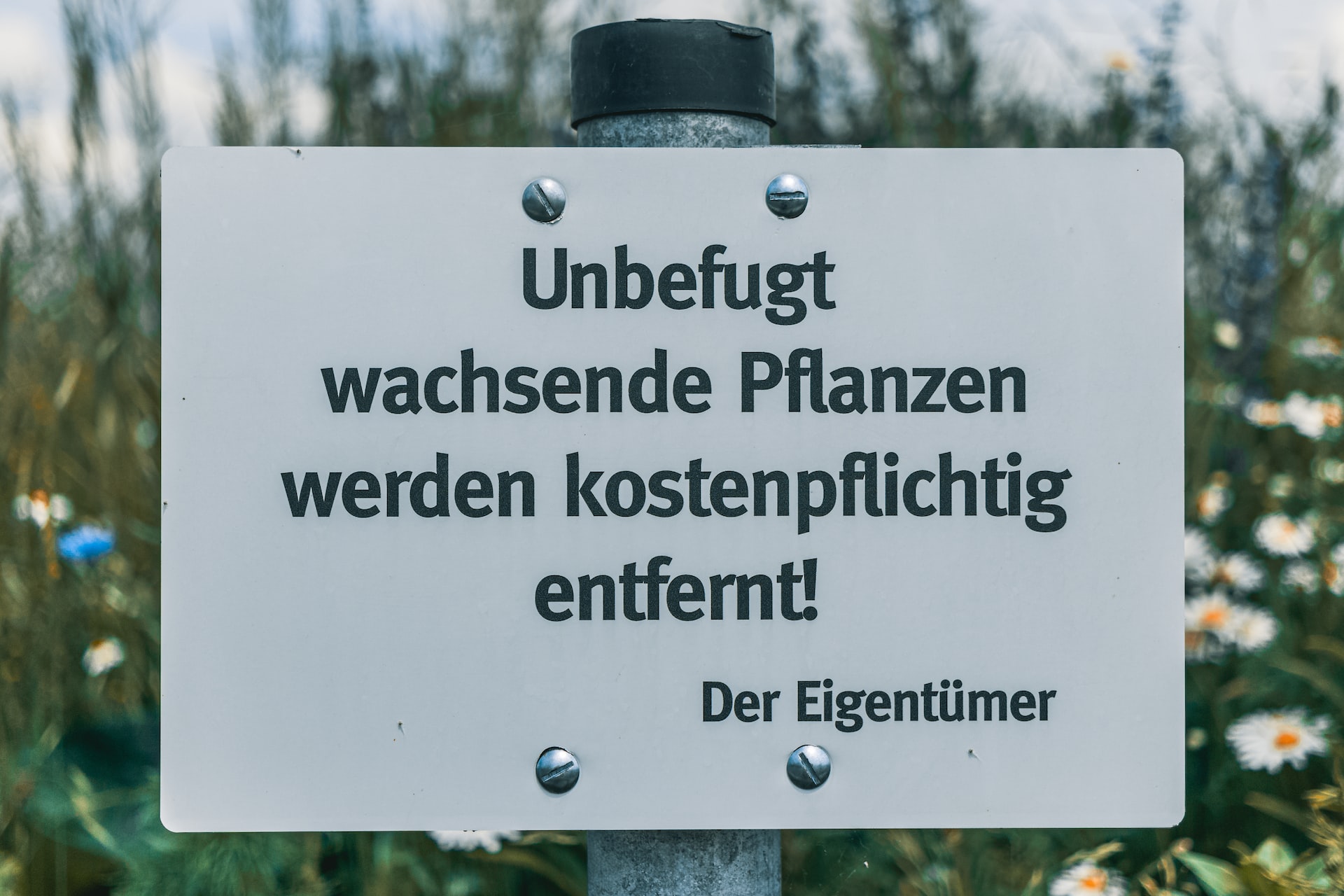The Portuguese Language: Facts You Should Know
Portugal stunned the World when the men’s national soccer team won the much-coveted Euro 2016 cup. This little-known country was thrust into the limelight due to this famous win. Admittedly, the country has enjoyed its moment in the sun for various reasons—good and evil. However, the main focus of this article is to delve into the language named after this European country—Portuguese. We shall look at interesting facts that make this dialect one of the most famously romantic ones in the World.
History of the Portuguese Language
Around the 3rd century B.C.E, much of the so-called known World was under the thumb of the Romans. The mighty empire had occupied a vast region of Europe, Asia, and Northern Africa. Because of this political conquest, its military was strategically placed around the area they dominated. In present-day Portugal, there were Roman soldiers whose vernacular evolved into the Portuguese language. Consequently, although Latin is a significant contributor to the dialect, Old Portuguese still managed to carve out their own little corner of linguistic independence.
This identity evolved from how the languages spoken before Roman occupation coexisted with Latin. Much of Europe, at the time, was illiterate. Consequently, the population that could competently use Latin was quite small. Thus, the language of choice for the Roman Empire had to mix and match with the local tongues. The resultant dialect that was produced became Portuguese.
Flash forward to the colonial era, Portugal was among the global superpowers of the day. Consequently, the nation launched numerous conquests in Africa and some exploratory expeditions to South America. Eventually, the language spread across the World in a way that gives rise to some fascinating statistics that will be covered later in this article. Still, the history of the Portuguese dialect is rich in an amalgamation of many ancient tongues that were lost to time.
The Popularity of the Portuguese Language
Of course, no language in use today can compete with Mandarin Chinese in terms of the number of native speakers. The widely used tongue is the first language of more than 1.1 billion individuals. English is barely a close second when it comes to the number of Mandarin speakers. Nevertheless, Portuguese is no push-over. Recent estimates place this dialect as 9th in the World in terms of the population that uses it as their mother tongue.
This sub-branch of the Indo-European family of languages has more than 218 million native speakers. Additionally, those who speak this dialect as their second tongue are about 11 million. Although Portugal is a sizable country in terms of the geographical area it covers, it does not have a population to match. Consequently, a majority of Portuguese speakers are found outside the country.
The nation contributes a shy 10 million users to the total global tally. A whopping 187 million of them are found in the South American state of Brazil. Moreover, this impressive statistic makes Portuguese the second most widely used language on the continent, behind Spanish. This is significantly dependent on the enormous population of Brazil. So, if you are looking to move to South America, learning Portuguese is a safe bet!
On the other hand, you may have a vacation coming up soon to the region. In that case, you can use the translate English to Portuguese website to help you get started. There you can find a straightforward way to have a simple exchange with the local speakers.
The Official Use of the Portuguese Language
As mentioned above, Portugal occupied plenty of regions during the colonial era that started around the 15th and 16th centuries. Although, military and political conquests are not solely responsible for the widespread use of the Portuguese dialect. Roman Catholic missionaries did their part in propagating the language in the following Asian countries.
- India.
- Sri Lanka.
- Malaysia.
- Indonesia.
In Africa, the Portuguese Empire conquered the following nations. In addition to the states below, Portugal and Timor-Leste use this language in official matters. This is quite impressive for a country that has its roots in Europe.
- Angola
- Mozambique
- Guinea-Bissau
- Equatorial Guinea
- Cape Verde
- São Tomé and PrÃncipe
The Arabic Influence of Portuguese
Geographically, Portugal is located close to Northern Africa. This region is characterized by a heavy Arabic influence in terms of culture, language, and religion.
Moreover, the proximity of Portugal to this region means that the Northern African states have had a significant effect on the people. History tells us that during the 8th century, the Islamic Moors managed to place the Southern European region under its rule. This governance lasted over 5 centuries, causing a significant shift in the culture in the occupied places. Eventually, the language that began as Vulgar Latin ultimately came under some adjustments due to the encroachment of the new masters. To this day, there are many words used in Portuguese that have their roots in Arabic.
The Surprising Relationship Portuguese Has With Spanish
Although a variant of the Indo-European family of languages, Portuguese dramatically differs from the rest. This is in terms of how they conjugate their verbs and the syntax they employ. Still, Spanish shares the most commonalities with the dialect out of all the rest. For starters, in the Brazilian variety, object pronouns appear ahead of the verb when they are constructing sentences. This syntax is similar to Spanish. On the motherland of Portugal, this occurrence happens after the verb.
Phonology, vocabulary, and grammar give the most fundamental differences between Spanish and Portuguese. Despite these discrepancies, the two are closely related. So, if you have just completed your proficiency exam in Spanish and you are looking for another challenge, Portuguese is the next best thing. This language is also highly marketable in European countries since it is one of the fastest-growing dialects in the region. Go ahead and begin learning today!



